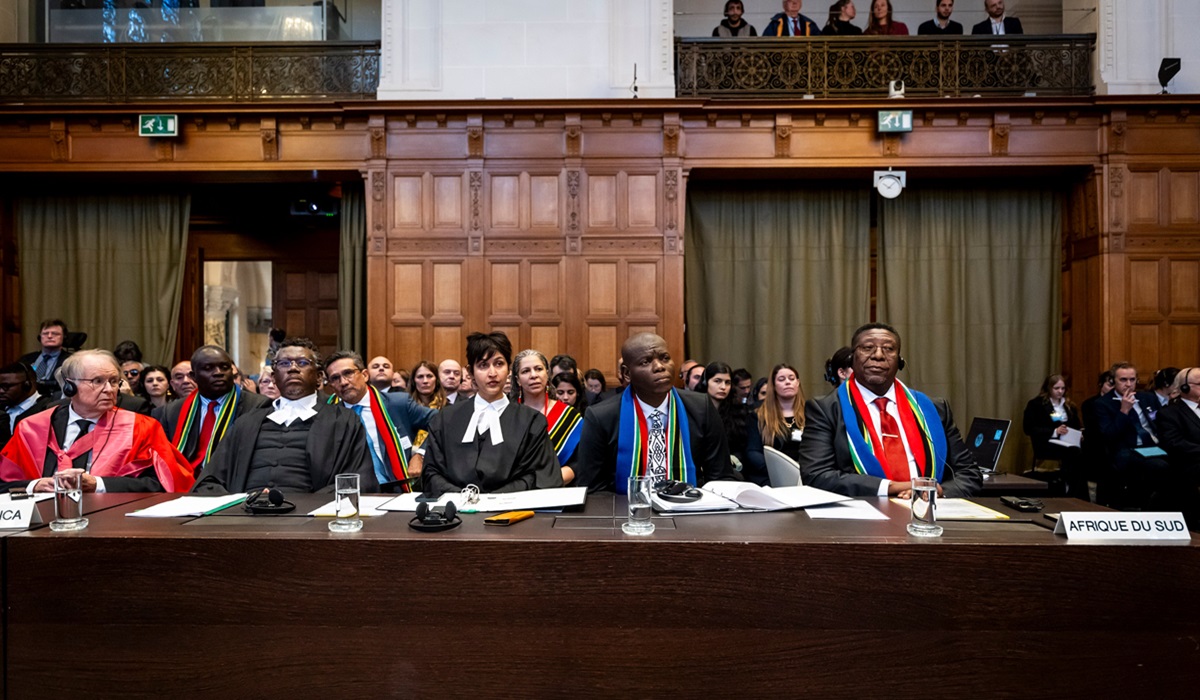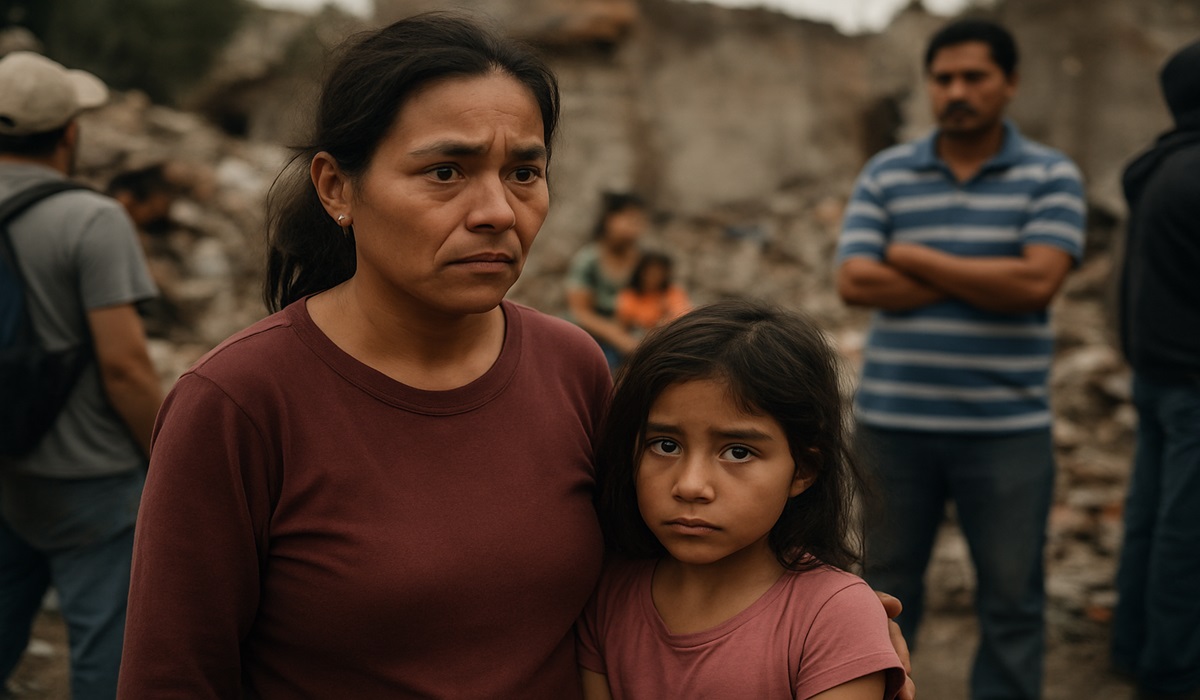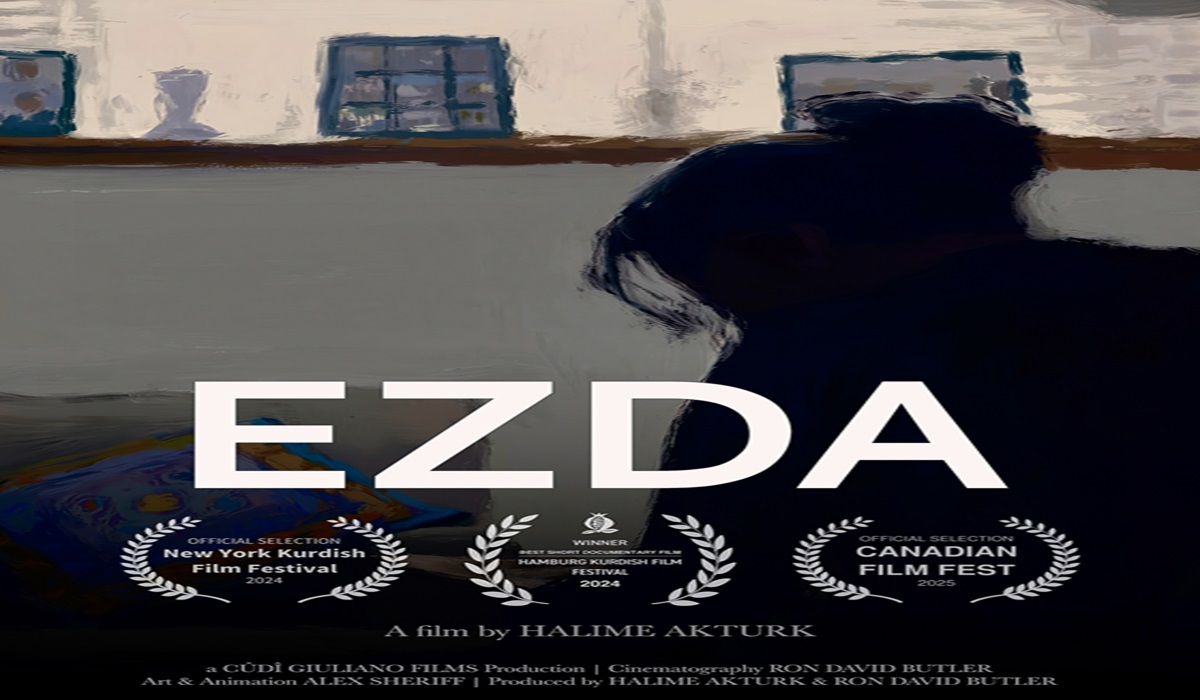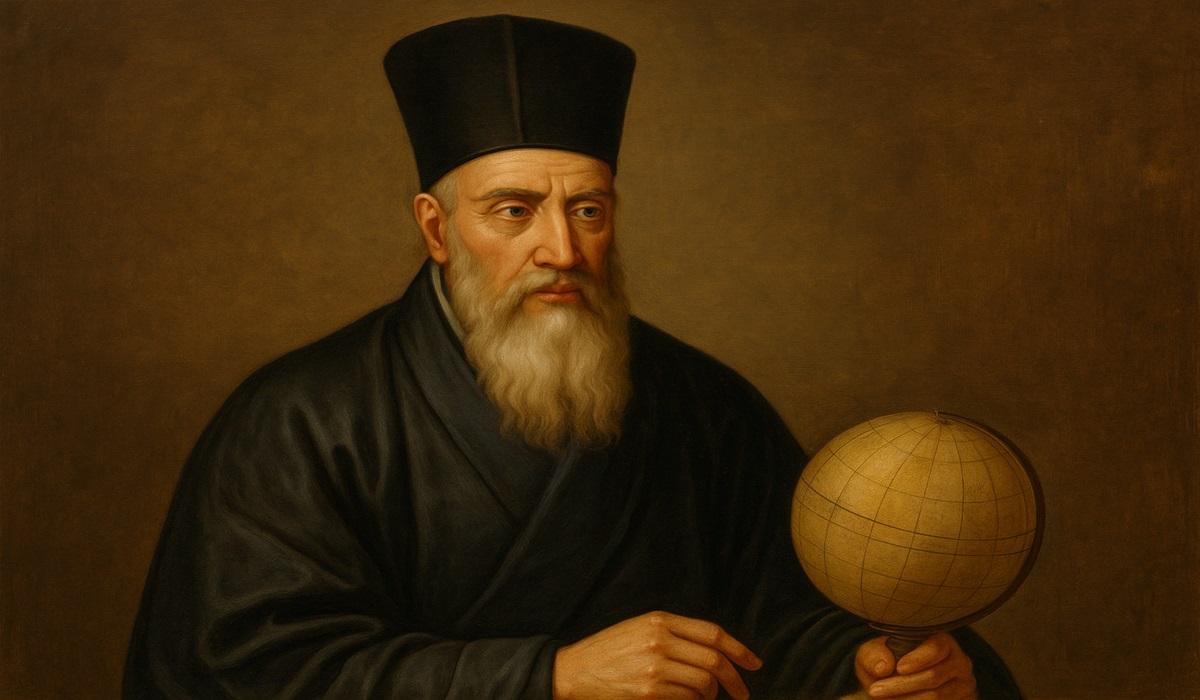Apartheid Echoes: South African Delegate’s Case for Israel’s Alleged Genocide at ICC
- TDS News
- Africa
- D.O.C Supplements - Trending News
- January 12, 2024

Image Source, ICC Social Media
The South African delegate has made a resounding and well-supported case for Israel’s alleged genocide at the International Criminal Court (ICC). This pivotal moment underscores the depth of concern emanating from South Africa, a nation with a historical understanding of the devastating impacts of systemic discrimination.
Drawing from its own experience with apartheid, South Africa brings a unique perspective to the international stage. The delegate’s emphasis on apartheid serves as a powerful backdrop, lending weight to the accusations against Israel and highlighting the delegate’s intimate familiarity with the severe consequences of such policies.
South Africa has successfully garnered widespread international support for their case. Countries within the Arab League, Turkey, Jordan, Brazil, Venezuela, Pakistan, the Maldives, Malaysia and many more have backed South Africa’s bid. However, the reluctance of influential Western nations, including the United States, Canada, Great Britain, and Germany, to support the ICC filing introduces a complex geopolitical dynamic.
Central to South Africa’s case is the acknowledgment of the ongoing Nakba experienced by the Palestinian people due to Israel’s colonization since 1948. It has accused Israel of systematically dispossessing, displacing, and fragmenting the Palestinian population, denying them internationally recognized rights to self-determination and the right to return to their towns and villages.
The Nakba, an Arabic term meaning “catastrophe,” refers to the mass displacement and dispossession of hundreds of thousands of Palestinian Arabs during and after the establishment of the State of Israel in 1948. The Nakba occurred as a result of the Arab-Israeli War of 1948-1949, leading to the creation of Israel and the forced expulsion of over 700,000 Palestinians from their homes and communities. This traumatic event has had enduring consequences, shaping the Palestinian narrative and contributing to the complex and deeply rooted conflicts in the region. The Nakba remains a poignant and central theme in the historical and political discourse surrounding the Israeli-Palestinian conflict.
Furthermore, the South African has shed light on Israel’s institutionalized regime of discriminatory laws, policies, and practices. These are alleged to be designed to establish and maintain domination over the Palestinian people, enforcing apartheid on both sides of the Green Line. The comprehensive critique spans 75 years of apartheid, 56 years of occupation, and a 16-year siege on the Gaza Strip, characterized by the United Nations as a lethal imposition.
“Today we were witness to one of the greatest shows of hypocrisy in history, compounded by a series of false and baseless claims.” Said Israel Spokesperson of the Israeli Ministry of Foreign Affairs, Lior Haiat
Despite the strength of South Africa’s evidential case, U.S. Secretary of State Anthony Blinken has dismissed the filing as mere fabrication. This disregard from a powerful nation raises concerns about the ICC’s ability to address allegations against influential entities. It underscores the challenges faced by those seeking justice for the alleged crimes.
The South African delegate’s forceful presentation of evidence against Israel at the ICC marks a pivotal moment in the ongoing Israel-Palestine conflict. With support from some nations and hesitation from Western powers, the global response underscores the complexities surrounding the issue. As the ICC navigates through this case, the world awaits a fair and just resolution considering the gravity of South Africa’s evidence while grappling with the broader geopolitical implications.








